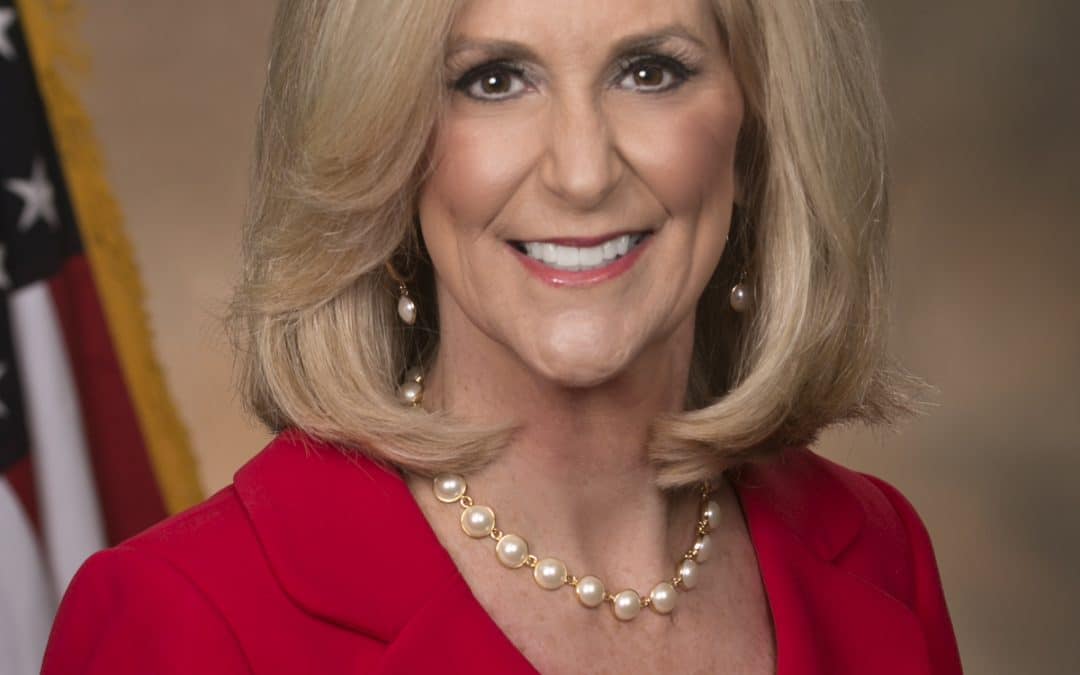Press Advisory
July 23, 2021
For immediate release
media@protectinglife.com
Mississippi AG Lynn Fitch Files Brief in Dobbs v. JWHO
“Roe and Casey shackle states to a view of the facts that is decades out of date.”
Indianapolis – Yesterday, in the case of Dobbs v. Jackson Women’s Health Organization, Mississippi Attorney General Lynn Fitch filed her brief with the Supreme Court of the United States, defending the right of the people to pass laws that protect life and women’s health and address legitimate interests of the State.
“There are those who would like to believe that Roe v. Wade settled the issue of abortion once and for all,” said Attorney General Fitch. “But all it did was establish a special-rules regime for abortion jurisprudence that has left these cases out of step with other Court decisions and neutral principles of law applied by the Court. As a result, state legislatures, and the people they represent, have lacked clarity in passing laws to protect legitimate public interests, and artificial guideposts have stunted important public debate on how we, as a society, care for the dignity of women and their children. It is time for the Court to set this right and return this political debate to the political branches of government.”
As noted in the brief, rather than settle the discord established by Roe, Planned Parenthood of Southeastern Pennsylvania v. Casey made matters worse. “Casey recognized that Roe’s disregard for state interests had to be abandoned…. Casey tried to improve upon Roe by replacing strict scrutiny with the undue-burden standard. But that standard too defeats important state interests rather than accounts for them.”
The brief continues, “The only workable approach to accommodating the competing interests here is to return the matter to ‘legislators, not judges.’…The national fever on abortion can break only when this Court returns abortion policy to the states – where agreement is more common, compromise is more possible, and disagreement can be resolved at the ballot box.”
“With this brief, we’re simply asking the Court to affirm the right of the people to protect their legitimate interests and to provide clarity on how they may do so,” said Fitch.
“Our hope is the Supreme Court will seize this Mississippi appeal as the opportunity to end the outdated and unscientific Roe framework repeatedly used by federal courts to block state efforts to protect life,” states Indiana Right to Life President and CEO Mike Fichter. “We applaud Mississippi for fighting this battle and are hopeful the results will open positive new avenues for Indiana to pursue.”
In the nearly 50 years since Roe, science and society have marched forward. During this time, the viability marker has moved from 28 weeks to 22 weeks in some cases, and science will only continue to advance.
“Legislatures should be able to respond to those advances, which they cannot do in the face of flawed precedents that are anchored to decades-stale views of life and health,” the brief reasons.
The Attorney General asks the Court to consider the policy and cultural shifts that have occurred in the 30-50 years since Roe and Casey and argues that the precedent set in these cases, “shackle states to a view of facts that is decades out of date.”
The brief counters Casey, stating, “Many laws (largely post-dating Roe) protect equal opportunity—including prohibitions on sex and pregnancy discrimination in employment, guarantees of employment leave for pregnancy and birth, and support to offset the costs of childcare for working mothers…. Casey gives no good reason to believe that decades of advances for women rest on Roe, and evidence is to the contrary.”
“A lot has changed in five decades,” continued Fitch. “In 1973, there was little support for women who wanted a full family life and a successful career. Maternity leave was rare. Paternity leave was unheard of. The gold standard for professional success was a 9-to-5 with a corner office. The flexibility of the gig economy was a fairy tale. In these last fifty years, women have carved their own way to achieving a better balance for success in their professional and personal lives. By returning the matter of abortion policy to state legislatures, we allow a stunted debate on how we support women to flourish. It is time for the Court to let go of its hold on this important debate.”
###


Recent Comments